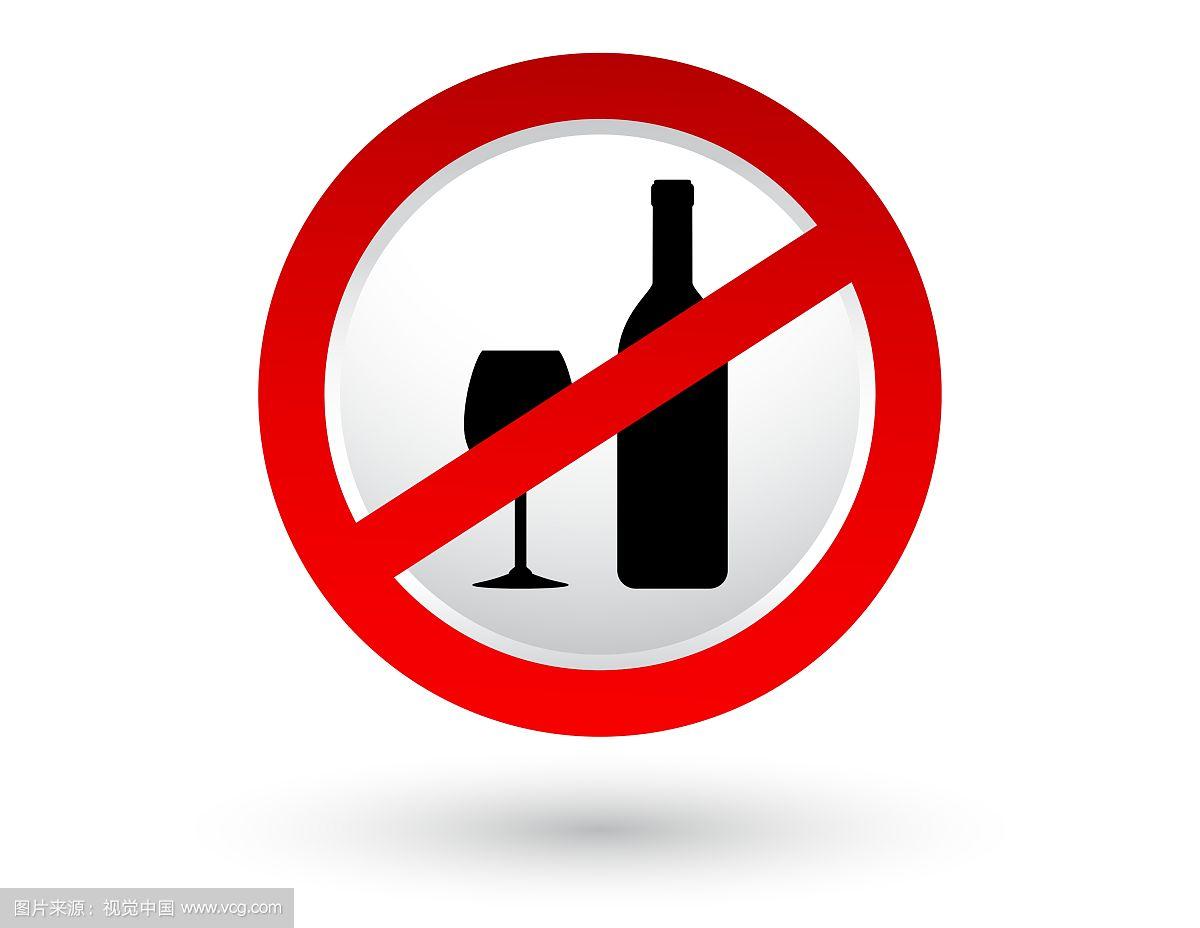Choosing Preservative-Free Snacks to Support Your Alcohol-Free Journey
When you decide to stop drinking alcohol, whether for a short period or as a long-term lifestyle change, your body goes through a significant adjustment. Cravings, both for alcohol and for sugary or processed foods, can become intense as your system recalibrates. This is where mindful snacking—specifically, choosing preservative-free options—can play a crucial role in supporting your journey. Not only do these snacks help manage cravings in a healthier way, but they also contribute to overall well-being, aiding physical recovery and mental clarity during alcohol cessation.
Understanding the Connection Between Alcohol Cessation and Cravings
Alcohol affects the body in multiple ways, particularly by influencing blood sugar levels and neurotransmitter activity. When you consume alcohol, it can cause rapid spikes and drops in blood sugar, leading to cravings for quick-energy foods, often those high in sugar, salt, or unhealthy fats. Additionally, alcohol impacts dopamine levels, the "feel-good" neurotransmitter. When you stop drinking, your body may seek other sources to replicate that dopamine rush, often turning to highly processed snacks that provide instant—but short-lived—gratification.
Unfortunately, many conventional snack options are loaded with preservatives, artificial flavors, and refined sugars. These ingredients can exacerbate mood swings, energy crashes, and even digestive issues, which are already common during alcohol withdrawal. By opting for preservative-free snacks, you’re choosing foods that support stable energy, balanced moods, and better digestion—key components for a successful transition to an alcohol-free life.
The Importance of Preservative-Free Choices
Preservatives are chemicals added to foods to extend shelf life, enhance color, or improve texture. Common examples include sodium benzoate, potassium sorbate, and artificial antioxidants like BHA and BHT. While these additives serve a practical purpose in food manufacturing, they can have negative health effects, especially when consumed frequently. For individuals in alcohol cessation, whose bodies are already working hard to detoxify and heal, avoiding additional chemical burdens is beneficial.
Preservative-free snacks are typically made with whole, natural ingredients and are minimally processed. This means they retain more of their nutritional value, such as vitamins, minerals, and fiber, which are essential for repairing the body after alcohol use. Moreover, natural snacks are less likely to cause inflammation, bloating, or energy dips—common issues that can make the alcohol cessation process more challenging.
Practical Tips for Selecting Preservative-Free Snacks
-
Read Labels Carefully: The first step in choosing preservative-free snacks is to become a vigilant label reader. Look for products with short ingredient lists, featuring items you recognize as whole foods. Avoid snacks with unrecognizable chemical names or terms like "artificial flavors" or "preservatives."
-
Focus on Whole Foods: Often, the simplest snacks are the best. Fresh fruits, vegetables, nuts, and seeds are naturally free of preservatives and provide essential nutrients. For example, apple slices with almond butter, carrot sticks with hummus, or a handful of raw almonds can be satisfying and healthy options.
-
Choose DIY Options: Making your own snacks ensures full control over the ingredients. Try baking kale chips with olive oil and sea salt, creating energy balls with oats, dates, and nuts, or air-popping popcorn without additives. These homemade alternatives are not only preservative-free but also customizable to your taste preferences.
-
Explore Natural Brands: Many brands now specialize in clean-label snacks, using only natural ingredients. Look for companies that prioritize organic, non-GMO, and preservative-free products. While these may be slightly more expensive, they are a worthwhile investment in your health during alcohol cessation.
-
Prioritize Nutrient Density: During alcohol cessation, your body needs extra support to replenish nutrients that may have been depleted. Choose snacks rich in vitamins, minerals, and antioxidants, such as berries, dark leafy greens, or nuts and seeds. These foods help reduce inflammation, support liver function, and stabilize mood.
Snack Ideas to Support Your Journey
Here are some preservative-free snack ideas that are easy to prepare, delicious, and beneficial during alcohol cessation:
-
Fresh Fruit with Nut Butter: Apples, bananas, or pear slices paired with natural almond or peanut butter (without added sugars or oils) provide fiber, healthy fats, and natural sweetness.
-
Vegetable Sticks with Dip: Crunchy veggies like cucumbers, bell peppers, and celery served with homemade guacamole or tahini dip offer vitamins and healthy fats.
-
Greek Yogurt with Berries: Plain Greek yogurt (without added sugars or artificial flavors) topped with fresh berries and a drizzle of honey is rich in protein and probiotics, aiding digestion and stabilizing blood sugar.
-
Trail Mix: Create your own mix with raw nuts, seeds, and unsweetened dried fruit. Avoid pre-packaged versions, which often contain preservatives and added sugars.
-
Roasted Chickpeas: Season chickpeas with spices like cumin or paprika and roast them for a crunchy, protein-packed snack.
-
Dark Chocolate: Choose high-quality dark chocolate (70% cocoa or higher) with minimal ingredients. It’s a great treat that provides antioxidants and can satisfy sweet cravings without refined sugars.
The Psychological Benefits of Mindful Snacking
Beyond physical health, selecting preservative-free snacks can also support mental and emotional well-being during alcohol cessation. The process of choosing, preparing, and enjoying wholesome foods can become a positive ritual, replacing the habit of drinking. Mindful eating—paying attention to the flavors, textures, and nourishment of your food—can help you develop a healthier relationship with eating and with yourself.
Additionally, making conscious snack choices empowers you to take control of your health journey. Each time you opt for a preservative-free snack, you reinforce your commitment to wellness, building confidence and resilience that extends beyond dietary habits.

Conclusion
Alcohol cessation is a multifaceted journey that involves physical, mental, and emotional adjustments. Choosing preservative-free snacks is a simple yet powerful way to support your body and mind during this time. By prioritizing whole, natural foods, you can manage cravings more effectively, promote overall health, and create sustainable habits that contribute to long-term well-being. Remember, every small choice matters—each preservative-free snack is a step toward a healthier, alcohol-free life.




发表评论